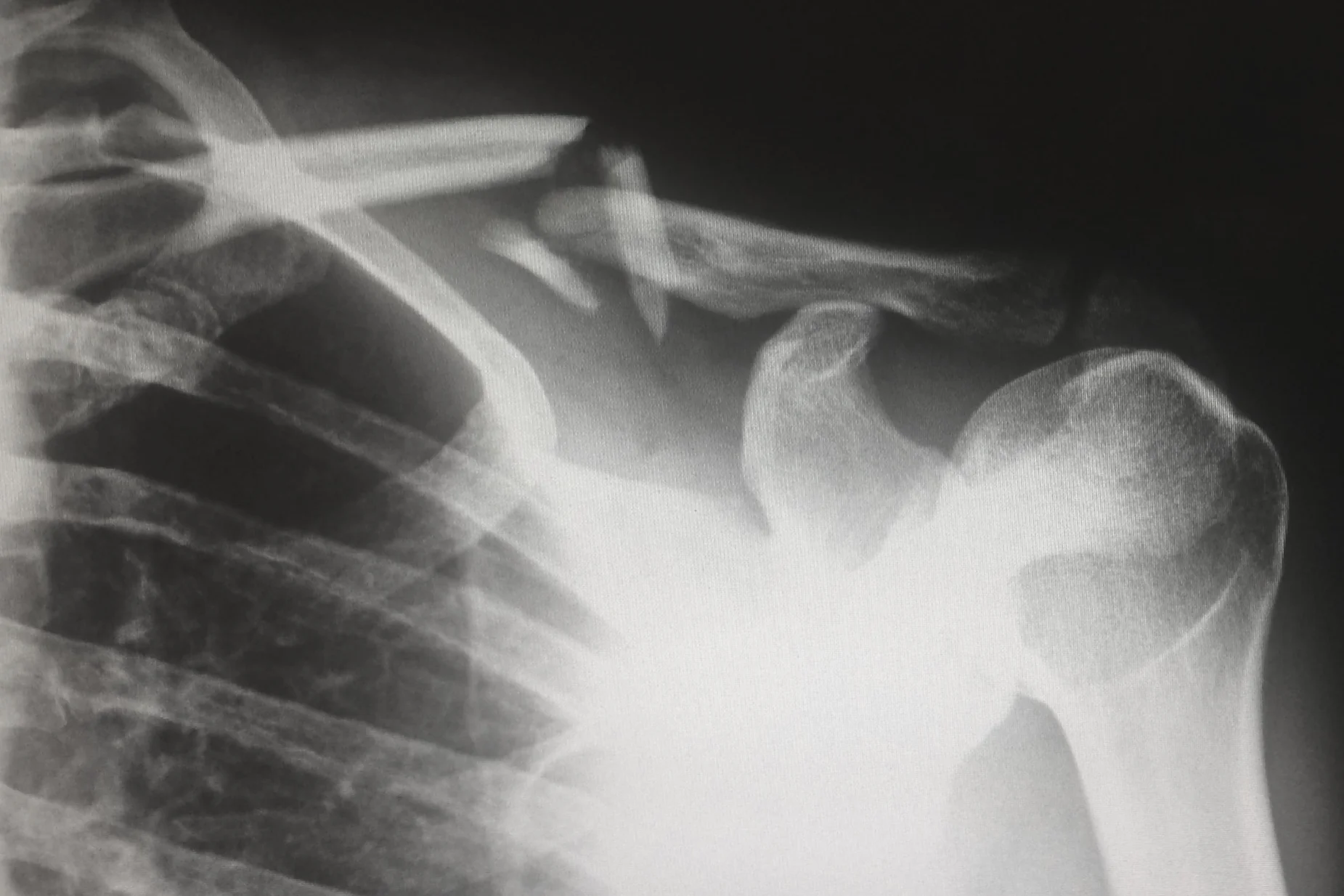The Accident Compensation Scheme doesn't cover disease - or does it?
The extent of cover for disease under the Accident Compensation Scheme may be wider than you think.
The December 1967 report of the Royal Commission on Compensation for personal injury in New Zealand (known as the Woodhouse Report) is the origin of today’s Accident Compensation Scheme.
The proposed general principle for cover was bodily injury caused by accident, excluding incapacity arising from sickness or disease. The Woodhouse Report saw the logic of including sickness and disease in a community insurance scheme, but considered that more statistical information was needed to understand the cost. The report did, however, propose that certain industrial diseases be included, as these were already subject to protection under the Workers’ Compensation Act 1956.
The original legislation of 1972, provided cover for personal injury caused by accident, but excluded personal injury caused “exclusively” by disease, infection, or the ageing process. It also included cover for diseases arising out of employment.
The ACC Scheme has never been expanded to provide comprehensive protection for disease, but the general principle continues to be qualified. In the current legislation, personal injury caused “wholly or substantially” by disease or infection is excluded from cover. This recognises that personal injury can have multiple causes, and the exclusion itself is subject to exceptions.
Cover for certain diseases remains available if there has been exposure to specified substances in the course of employment, for example, mesothelioma caused by asbestos, or bladder cancer caused by poly-cyclic aromatic hydrocarbons (PAHs) which used to be found in various industrial processes. In some recognised cases like these, the legislation does not require proof of causation (that is, that the exposure caused the personal injury) because this has already been established by scientific evidence. What has to be shown is proof of workplace exposure on the balance of probabilities – a point reinforced recently by the High Court in Hastings v ACC [2019] NZHC 761. In other work-related cases, causation has to be shown and there is a three-part test.
The ACC scheme can also provide cover for infection or disease caused by medical treatment, or failure to diagnose and treat a disease that could have been prevented, for example, melanoma, while heart attacks or strokes are covered in limited circumstances. Cover may be granted where the infection or disease is the result of an external cause. In Calver v ACC [2019] NZHC 1581, for example, the High Court held that the claimant was entitled to cover for mesothelioma as a personal injury caused by accident. The High Court drew a distinction between idiopathic disease which develops from an unknown cause (not covered) and diseases resulting from a known external cause. The inhalation of asbestos fibres provided the necessary external cause, and met the definition of “accident”.





